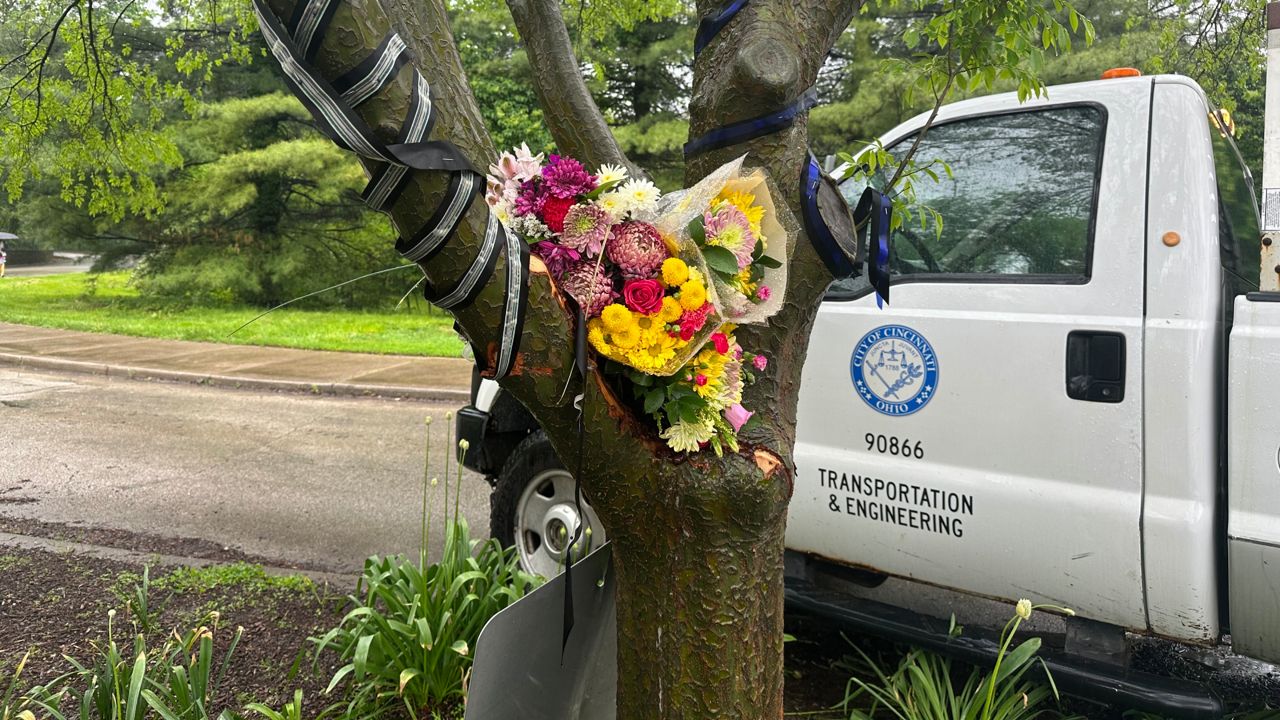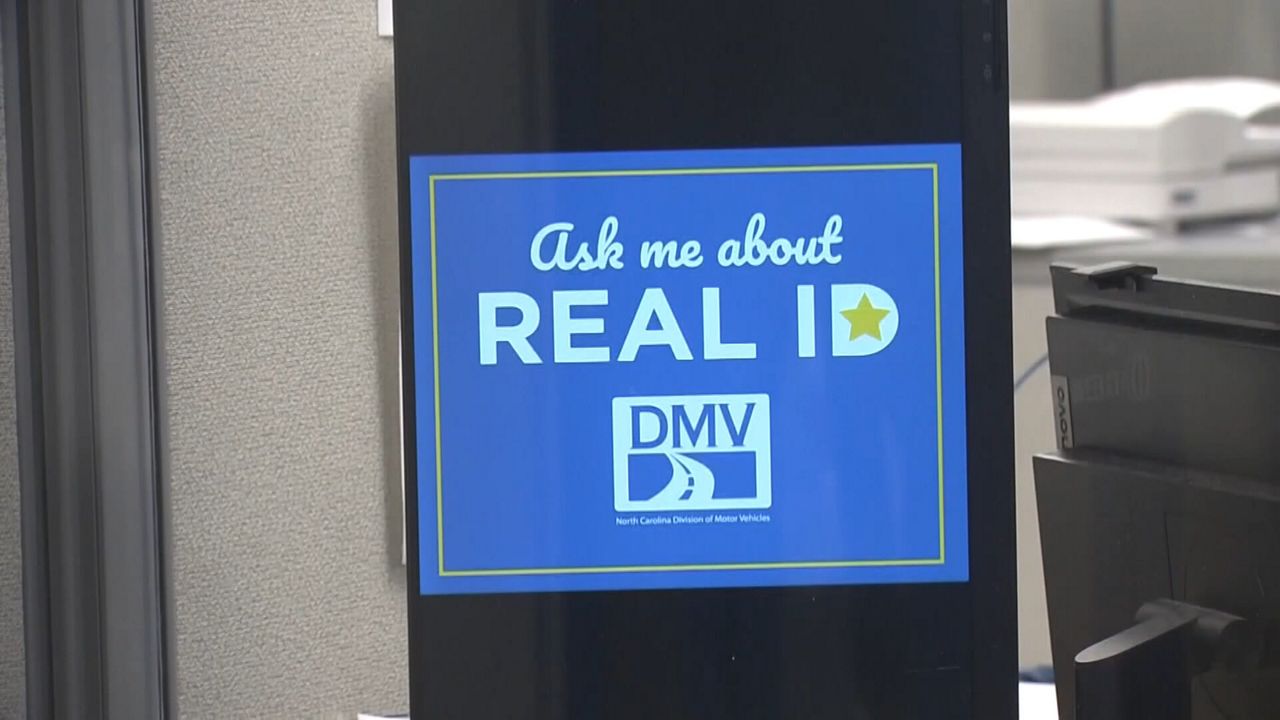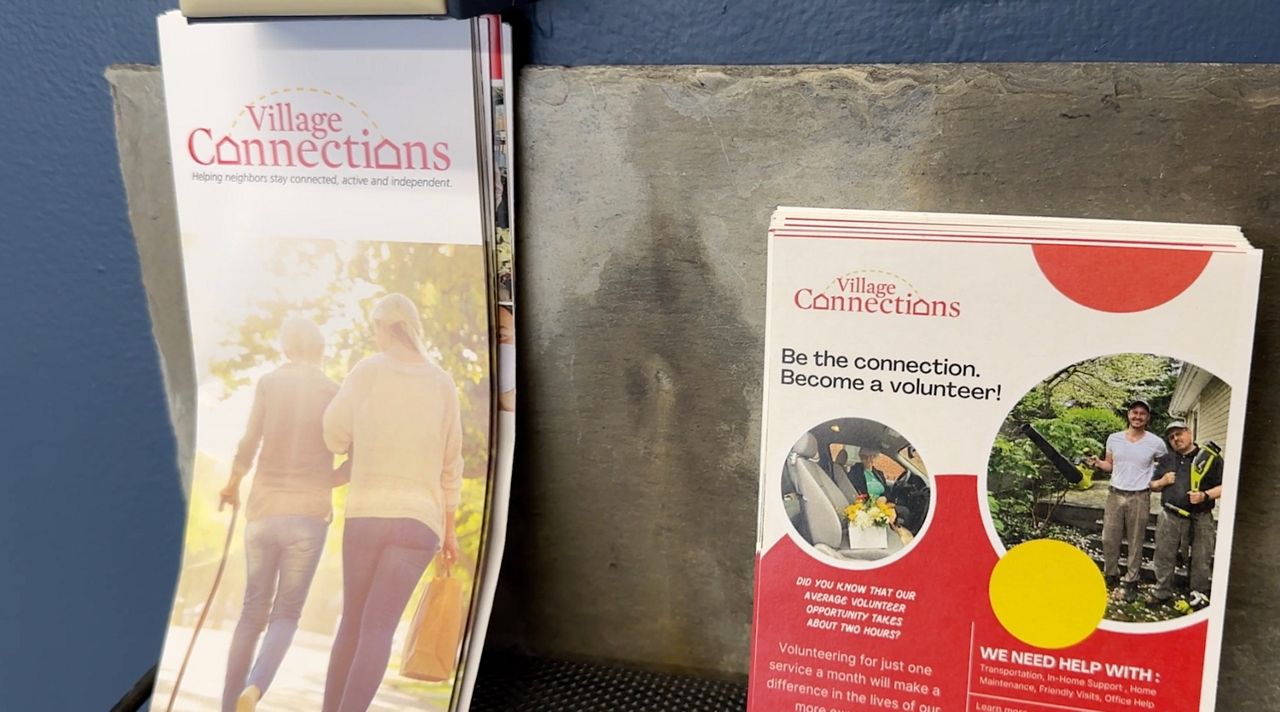YOUNGSTOWN, Ohio — Senate Bill 1 will go into effect at the end of June and reshape higher education in Ohio.
Some of the key measures of the legislation include eliminating DEI activities and programs on college campuses, banning faculty strikes and aligning college curriculum with the state’s workforce needs. Some educators say the bill represents overreach by state legislators.
“The reality is we have to do something," Youngstown State Universtiy Professor Dr. Cryshanna Jackson Leftwich said.
Jackson Leftwich is in her 17th year as a professor at Youngstown State University. She, like many college educators around the state, opposes the Advance Ohio Higher Education Act, or Senate Bill 1.
“We know that the state of Ohio and the Republican legislature are content to do what they want to do," Jackson Leftwich said.
Jackson Leftwich and two other YSU professors are taking steps towards a repeal, drafting a petition to have Senate Bill 1 added as a state referendum to the ballot this November.
“We needed 1,000 signatures. We were able to secure 5,000 signatures that we submitted to the attorney general and the Secretary of State," Jackson Leftwich said.
State Senator Jerry Cirino, who represents the 18th district in the Ohio Senate, authored the bill and says he believes it is necessary to keep the Ohio economy and workforce strong.
“I believe we’re clearly at an inflection point," Cirino said. "If we don’t make these necessary changes in Ohio, we’re going to find ourselves in a bad economic position. By that, I mean our institutions will not be producing the kinds of students in the kinds of programs that are going to be attractive to companies that we’re trying to attract here.”
Jackson-Leftwich said the law hurts college students and faculty across the state.
“They put in the bill they’re not going to provide money for trainings like we don’t need to be trained so that we can help students that might have a disability, are a racial minority, or are an immigrant," Jackson Leftwich said. "When people say it’s divisive and that this is something they don’t want in higher education, it really gives me pause.”
Banning faculty strikes at public colleges and universities is another point of divide between Cirino and opponents of the law.
“They use the threat of a strike in the middle of a semester, sometimes a month before graduation," Cirino said. "They use that to get concessions from the university or the community college. That’s wrong. They’re using students as pawns.”
Senate Bill 1 will go into effect near the end of June, 90 days after it was signed by Republican Gov. Mike DeWine. Cirino said the state will withhold funding to ensure compliance by state schools.
“There will be some significant funds that will be tied to compliance with the letter and spirit of Senate Bill 1," Cirino said.
Jackson Leftwich and other supporters of the petition will have until that 90-day mark to gather more signatures to get the referendum on the state ballot this November.
"If we get the certifications, we’ll have another round in which we will have to collect 250,000 signatures throughout the state from at least 44 counties," Jackson Leftwich said. "It is a longshot, but I was shocked we were able to collect the amount of signatures and that people are fired up and ready to go fight this bill.”











